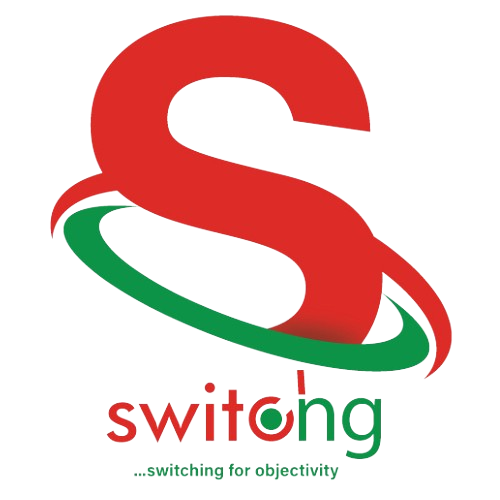
The Nigerian National Petroleum Company Limited (NNPCLtd) has come under fire from consumers for raising the price of gasoline across the country.
Customers complained about the disparity in gasoline prices, which marked a significant change from the previous custom in which the product was supplied at the same price at all filling stations.
Since last year, independent marketers have stated that due to operational issues, they will not be able to match the pump price of major marketers. Therefore, independent marketers have been selling at prices ranging from N250 per litre to N500, depending on the state, while retail NNPCLtd filling stations and other large marketers like Total sell for N169-N179 per litre in Lagos and N174-N180 in Abuja.
In order to stabilize the price of gasoline through payment subsidies, the federal government has set aside N3.6 trillion in the 2023 budget for the first half of the year.
Mele Kyari, group chief executive officer of NNPCLtd, stated in December 2022 that the actual pump price will be N410 per litre without subsidy.
The current rates are so exorbitant to drivers that they don’t even notice them.
“I run a commercial bus and I cross state lines. I purchase fuel for N380 in Enugu and N285 in Owerri, the state capital of Imo. It costs differently in Kogi. Only NNPCLtd-owned filling stations offer the regular price of N179 and N180”, a driver said.
Onyemaechi Onyebuchi, a commercial motorcycle rider in Enugu municipality, pointed out that finding gasoline at lower prices is almost always difficult due to long lines and even frequent unavailability, as opposed to independent marketers who rarely have long lines and always have fuel available.
According to Eze Onyekpere, Lead Director of the Centre for Social Justice, powerless consumers in places with higher costs are used to the condition.
“Visit several of the states in the Southeast; they have forgotten about the subsidy problem. We are paying N300 per litre in Owerri, Onyekpere stated.
Our research showed that fuel sells for between N350 and N500 per litre in most filling stations in Port Harcourt, the Rivers State capital, and in Abuloma, Woji, Elelenwo and parts of Aba Road.

Joseph Obele, the chairman of the Independent Petroleum Marketers Association of Nigeria (IPMAN) in Rivers State, responded to the news by blaming the rising cost of gasoline imported into the nation.
When landing costs are over N500 per litre, according to Obele, even the government cannot sell fuel for that price.
“There isn’t a single purchase source that all marketers use. Some of us (marketers) get our products from Lagos, where the depot price per litre ranges from N280 to N310. The lone depot in Rivers State with a supply has ran out. That Nigerians are forced to go through this is very regrettable, he said.
Kyari said marketers, the independent ones especially, would rather sell at places with price differentials to make gains.
“Some marketers move products from low-cost locations to high-cost locations. This is the cause of the price spike. To maintain a good balance sheet, we are collaborating with partners and marketing firms”, Kyari stated.
In order to address these issues, the government will need to progressively phase off subsidies, according to Billy Gilly Harry, president of the Petroleum Products Retail Outlets Owners Association of Nigeria (PPROOAN).
Harry emphasized that the increased cost of transporting goods from one location to another is also having an impact on price increases.
He continued, “Marketers need to stay in business, and logistical costs are still a concern for them.”


